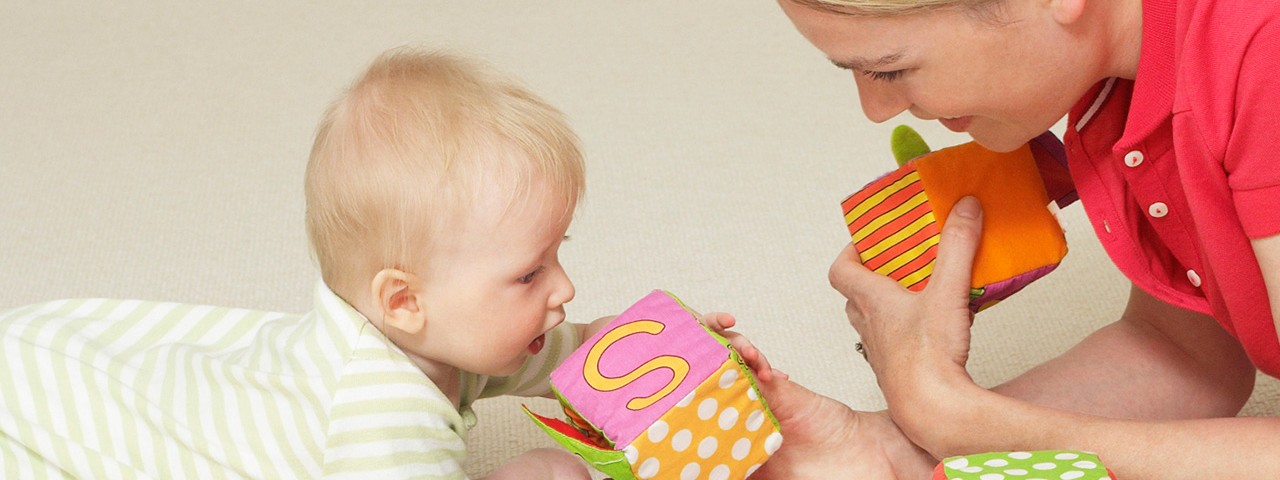Child's Play is Real-World Training
- Tweet

Kids at play. It’s a classic theme in art and literature, a symbol invoked by candidates, a sight that sparks a smile on your evening commute.
But play is also serious stuff: it’s a laboratory for the real world, in which children explore social roles, hone their motor skills, discover their identities, and set a pattern for physical fitness. Play is so important that the United Nations High Commission for Human Rights has listed it as a right due to every child.
Play time cultivates the next generation's workforce! Tweet this!Kids at play. It’s a classic theme in art and literature, a symbol invoked by candidates, a sight that sparks a smile on your evening commute.
But play is also serious stuff: it’s a laboratory for the real world, in which children explore social roles, hone their motor skills, discover their identities, and set a pattern for physical fitness. Play is so important that the United Nations High Commission for Human Rights has listed it as a right due to every child.
Unfortunately, in the U.S., our adult lifestyles and our aspirations for our children have created barriers to play. In our rush to provide our children with every possible advantage, we often prevent them from absorbing the cognitive, physical, social, and emotional benefits that come from free play.
Instead of providing opportunities for unstructured, child-directed activities, we drive them from school to lessons, sports to homework, pinning their futures on test scores, recitals, and organized recreation.
It’s in our city’s best interest to encourage families to put on the brakes, slow down, and spend some time at the playground.
Play fosters skills and creativity that last a lifetime.
A community that makes time and space available for kids to play cultivates one of its most valuable natural resources- the next generation’s workforce. The economy is measured by the quarter, but business isn’t a sprint, it’s a marathon. Companies that don’t take a long view are unlikely to succeed.
It’s the same with community development. Today’s boardroom won’t be calling the shots forever. Someday, not too far away, we’ll have to pass it on to the kids in the sandbox.
Memphis has made some big moves in the last decade. The Greenline and Hamp Line tie the old stately parks of Midtown and Downtown to the wild innovations found in Shelby Farms and the Wolf River bike trails. The KROC Center is a state of the art facility that’s a recreational gem in the heart of the city, and it’s a stone’s throw from the Children’s Museum, which seems to grow with each season.
Yet we still face a problem of access. Many of our city’s youth don’t share in the joy that these experiences provide because of physical and logistic barriers. Parks in many neighborhoods haven’t had upgrades in decades.
Our community should add play to our list of priorities.
As community stakeholders, we can do this is many ways, and we don’t have to have children to be a meaningful part of the change.
Advocate
Let your voice be heard. Tweet, call, write, email your elected officials and tell them how much freedom to play means to your community, and to you as a player in Memphis’s shared future.
Look for opportunities to take the floor. Speak up at neighborhood, church, and school meetings, and through online petitions and letters to the editor. Let other adults know what play means to our future, and encourage them to enlist in the cause.
Affiliate
Join boards at child-directed non-profits, join social media groups, attend meetings with legislators, volunteer at parks. Become a Big Brother/Big Sister, mentor at a local school, lead a group at your church.
Use the spaces we have. Bike the Greenline, take your kids to neighborhood parks, visit a museum or facility you’ve never been to.
Donate
Find the organizations advocating for more play space and play time for kids and let your checking account to do the talking. You’d be surprised at what impact even a small donation can make, especially when you brag about it on social media.
